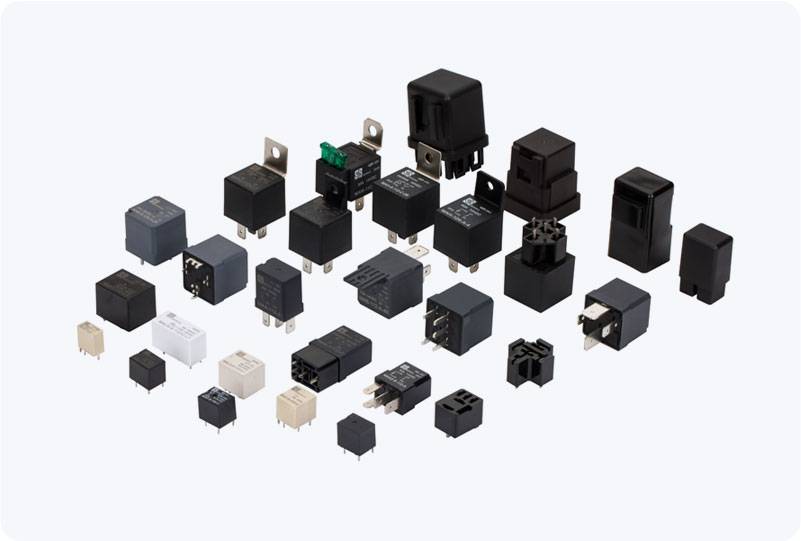Li-ion batteries (Lithium-ion batteries) have become a cornerstone in modern energy storage solutions, powering everything from electric vehicles to portable electronic devices. As technology continues to advance, the need for more efficient, reliable, and durable systems has grown. This is where the concept of a Li-ion battery relay becomes critical. A Li-ion battery relay plays a pivotal role in enhancing the performance, safety, and longevity of Li-ion batteries in various applications. In this article, we will explore what a Li-ion battery relay is, its functions, and why it is indispensable in the efficient management of energy storage systems.

What is a Li-ion Battery Relay? A Li-ion battery relay is an electronic switching device designed to control the flow of current between the battery and the rest of the electrical system. The relay operates as an intermediary between the battery and its connected circuits, providing protection against overcurrent, overvoltage, or under-voltage situations. It acts as a safety mechanism that ensures the battery is used within its optimal parameters, preventing damage from improper usage. Unlike traditional mechanical relays, modern Li-ion battery relays are often solid-state, which means they have no moving parts. This type of relay is more reliable and durable, as it can operate faster and more efficiently. The use of solid-state relays is particularly beneficial in systems where rapid response times are crucial, such as in electric vehicles and large-scale energy storage systems.